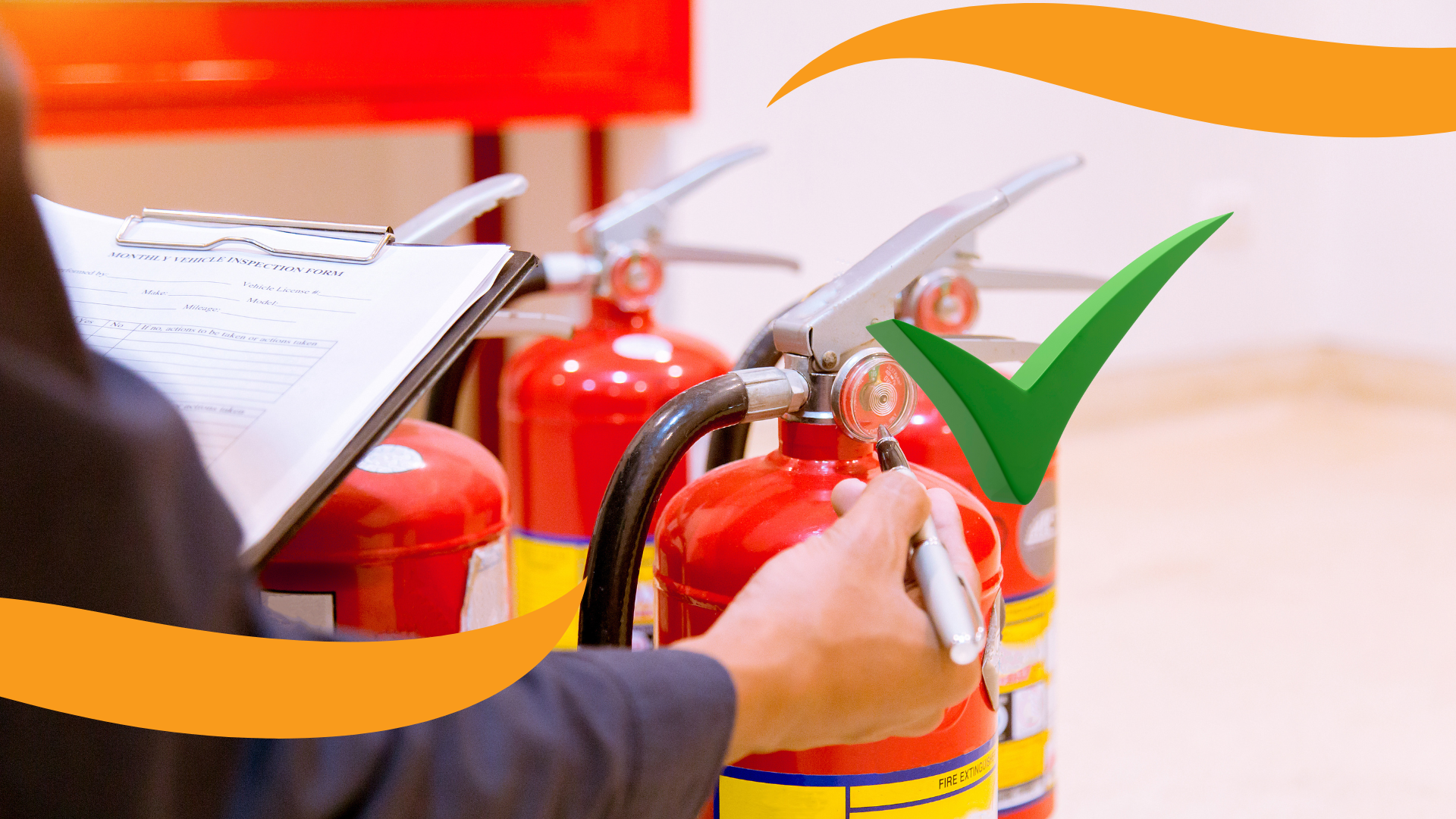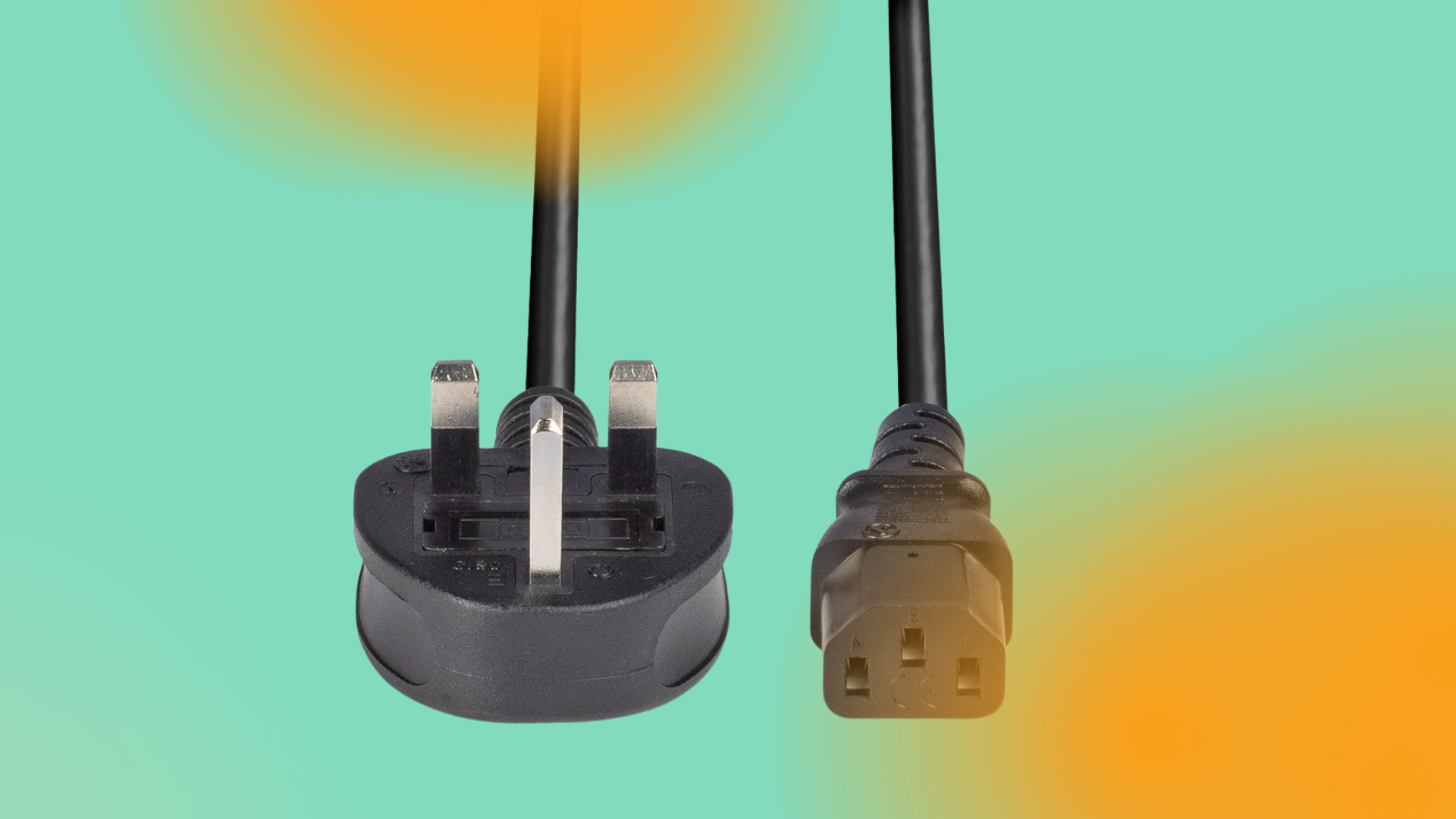Fire Extinguisher Testing in the UK: Property Owner Guide
Keep in the know

Introduction
Ensuring the safety of rental and commercial properties goes beyond simply installing fire extinguishers. Regular maintenance, testing, and compliance to UK regs is important. Let's take a look at the importance of fire extinguisher testing and what every property owner needs to know.
The Legal Framework and Regulations
Regulatory Reform (Fire Safety) Order 2005 (RRO): Every property owner in England and Wales should be aware of this legislation. It applies to all non-domestic properties, including communal areas in shared houses and flats.
- The law states that duty holders must regularly maintain all fire safety equipment, especially fire extinguishers.
British Standard BS 5306: This standard defines the best practices concerning fire extinguishers.
- Part 3 provides explicit guidance on commissioning, maintenance, and refilling of portable fire extinguishers.
Types of Fire Extinguishers and Where They Are Needed
- Water: Perfect for Class A fires, such as wood and paper. They should never be used for electrical or flammable liquid fires.
- Foam: Can tackle Class A and B fires, especially those caused by flammable liquids. Steer clear from using these on electrical fires.
- CO2: These are a go-to for electrical fires and Class B fires.
- Dry Powder: These versatile extinguishers can address Class A, B, and C fires. They're also good for electrical fires but can leave behind a residue.
- Wet Chemical: Specifically crafted for Class F fires, especially those involving cooking oils and fats.
Location Matters:
- Kitchens: Wet chemical extinguishers are a must-have due to the prevalence of oil and fat fires.
- Server Rooms: CO2 extinguishers are ideal because of the high risk of electrical fires.
- General Office Spaces: It's best to have a mix of water and foam extinguishers at hand.
When and How Often to Check
- Visual Inspection: It's essential to have a competent person check your fire extinguishers monthly. They should look for damage, check the pressure, and ensure there's no tampering.
- Annual Maintenance: A professional must inspect your fire extinguishers at least once a year to ensure they're in god condition and working order.
- Extended Service (Discharge Test): Conduced after 5 years for most extinguishers. CO2 extinguishers need this after 10 years.
The Importance of Keeping Records
Every property owner should maintain a Fire Safety Logbook. This record will document every inspection, service, and maintenance activity. Not only does it ensure you're on track with compliance, but it's also invaluable during inspections by local fire authorities.
Consequences of Non-Compliance
- Legal Repercussions: Skirting these rules can lead to significant fines or, in severe cases, imprisonment.
- Safety Risks: Overlooking maintenance can mean your fire extinguisher fails during a crucial moment, endangering lives and property.
Property safety isn't just a legal obligation; it's a moral one. Ensure you equip your property with the right fire extinguishers, maintain them as required, and always stay abreast of UK regulations. The safety of your tenants and property could very well depend on it.
Read more on our Extinguisher Testing Services for Sussex, Surrey, London & Kent.











